The Supreme Court case that could forge a new path to sue the FBI
The case arose after the FBI admitted to raiding the wrong house in 2017


A free daily email with the biggest news stories of the day – and the best features from TheWeek.com
You are now subscribed
Your newsletter sign-up was successful
The U.S. Supreme Court is set to weigh in on a case that could open the floodgates for Americans to sue law enforcement, including the FBI, for mistakes made by officers. The case against the FBI, based on a wrongful raid on a home that occurred in 2017, was previously dismissed by lower courts, but now the plaintiffs are asking the Supreme Court to undo that ruling.
What is the crux of the case?
It stems from a single incident, but experts say it strikes at the heart of law enforcement issues within the United States. In October 2017, FBI and SWAT agents "armed with rifles battered down the door of an Atlanta home, detonated a stun grenade and rushed inside in search of a gang member," said The Washington Post. But the agents had broken into the wrong home, as the person they were looking for "lived four doors away, in a home with similar features."
Despite this, the occupants of the home were allegedly handcuffed and had guns pointed at them. The home "sustained $5,000 of damage from burned carpet, broken doors and fractured railings," said ABC News, and the "emotional trauma is harder to quantify." The homeowners sued the government for negligence, emotional distress, trespass, false imprisonment and assault and battery, but lower courts dismissed the case. The homeowners are now "urging the Supreme Court to reverse the lower court rulings," said the Post.
The Week
Escape your echo chamber. Get the facts behind the news, plus analysis from multiple perspectives.

Sign up for The Week's Free Newsletters
From our morning news briefing to a weekly Good News Newsletter, get the best of The Week delivered directly to your inbox.
From our morning news briefing to a weekly Good News Newsletter, get the best of The Week delivered directly to your inbox.
What could the case's outcome mean?
The FBI and the federal government have generally been shielded from lawsuits due to "sovereign immunity," but the family is attempting to circumvent this by suing under the Federal Tort Claims Act. This removes legal immunity from federal law enforcement officers who engage in "assault, battery, false imprisonment, false arrest, abuse of process or malicious prosecution," according to the statute.
The act "was amended in 1974, partly in response to two high-profile wrong-house FBI raids," said NPR. The main question currently before the Supreme Court is whether the "statute, as amended, now allows victims to sue, period" or if they can "sue only if the perpetrators of the raid were following government orders, here orders from the FBI."
The White House is standing behind the FBI and "argues sovereign immunity shields the government from damages claims," said ABC. Police officers are also largely standing behind the FBI. Cops "are human and they make mistakes," said Anthony Riccio, former First Deputy Superintendent of the Chicago Police Department, to ABC. "A lot of times the mistakes that are being made are because there's not enough due diligence, there's not enough research going into it."
While the conservative-leaning Supreme Court has typically sided with law enforcement, appeals courts have "interpreted the law more favorably for victims of mistaken law enforcement raids, creating conflicting legal standards that only the nation's highest court can resolve," lawyers for the family said to The Associated Press.
A free daily email with the biggest news stories of the day – and the best features from TheWeek.com
Civil rights groups from "across the ideological spectrum also urged the court to clear the way for the lawsuit," said the Post. Bipartisan members of Congress have also supported the family, claiming that the Tort Claims Act was amended in "response to high-profile wrong-house raids." Many experts are hoping the Supreme Court sides with the family, as there is currently "no meaningful remedy for the trauma they suffered," said Gregory Sisk, a law professor at the University of St. Thomas, to USA Today.
Justin Klawans has worked as a staff writer at The Week since 2022. He began his career covering local news before joining Newsweek as a breaking news reporter, where he wrote about politics, national and global affairs, business, crime, sports, film, television and other news. Justin has also freelanced for outlets including Collider and United Press International.
-
 How the FCC’s ‘equal time’ rule works
How the FCC’s ‘equal time’ rule worksIn the Spotlight The law is at the heart of the Colbert-CBS conflict
-
 What is the endgame in the DHS shutdown?
What is the endgame in the DHS shutdown?Today’s Big Question Democrats want to rein in ICE’s immigration crackdown
-
 ‘Poor time management isn’t just an inconvenience’
‘Poor time management isn’t just an inconvenience’Instant Opinion Opinion, comment and editorials of the day
-
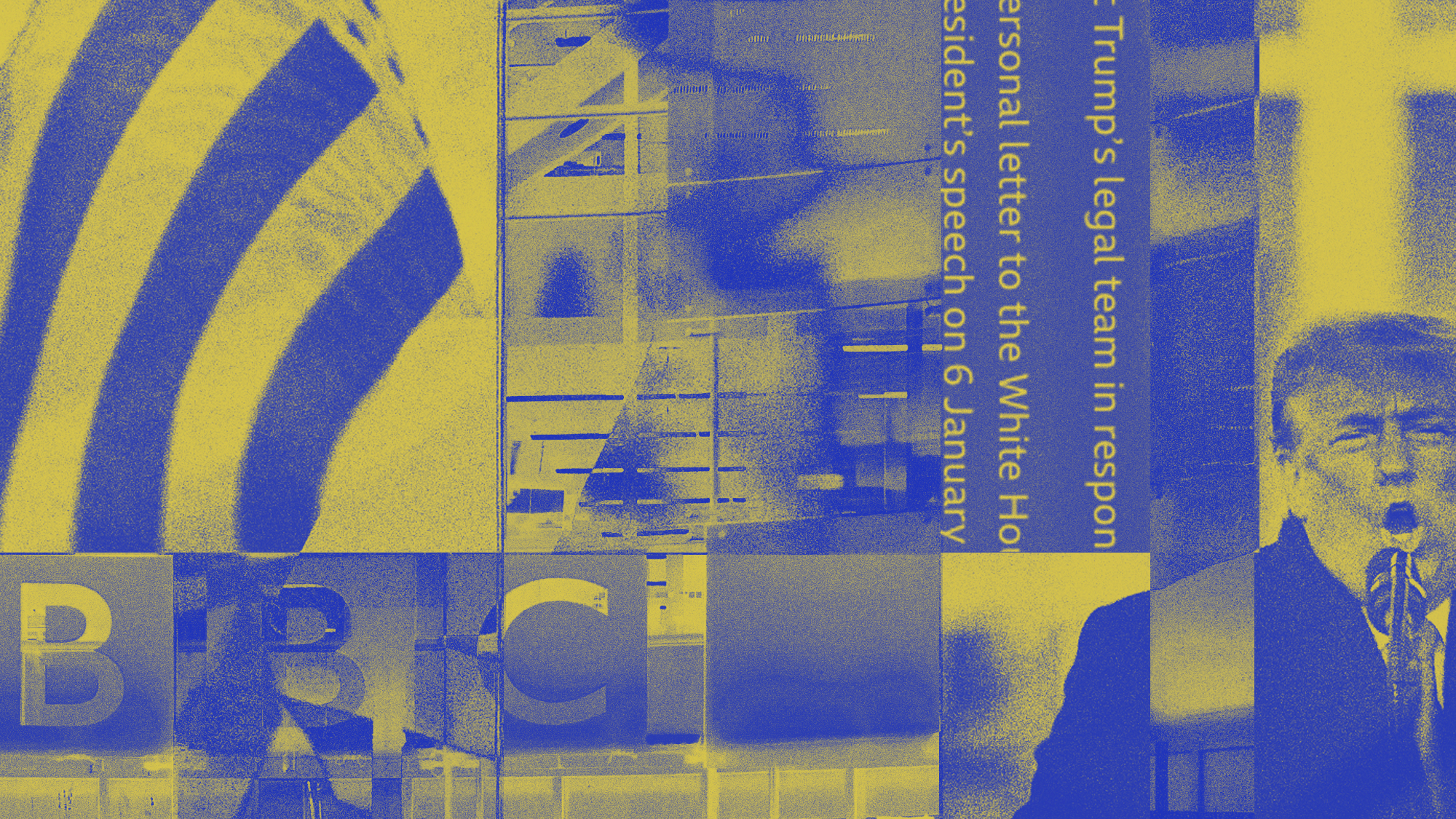 Trump vs. BBC: what’s at stake?
Trump vs. BBC: what’s at stake?The Explainer The US president has filed a $10 billion lawsuit over the editing of Panorama documentary, with the broadcaster vowing to defend itself
-
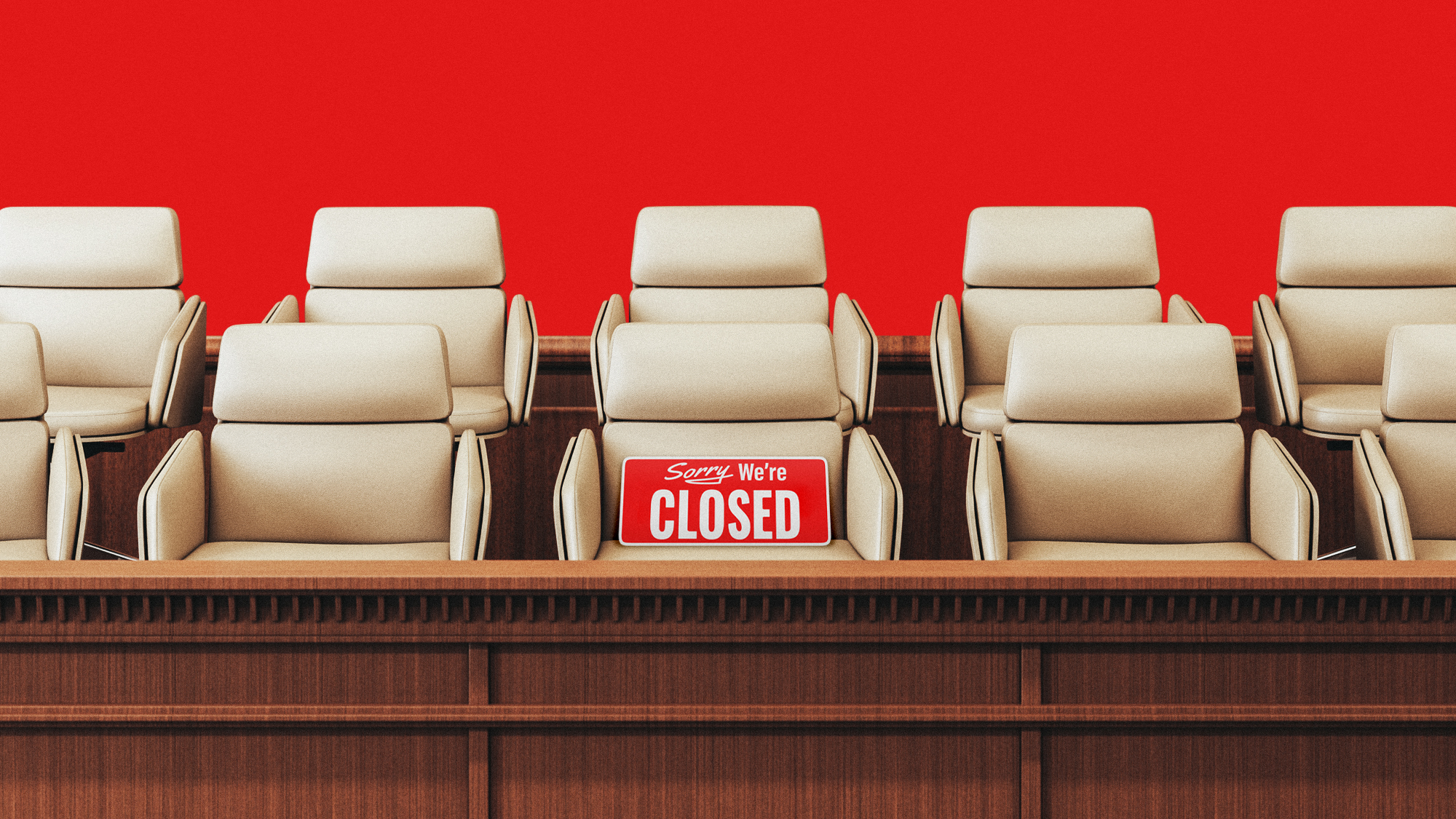 The countries around the world without jury trials
The countries around the world without jury trialsThe Explainer Legal systems in much of continental Europe and Asia do not rely on randomly selected members of the public
-
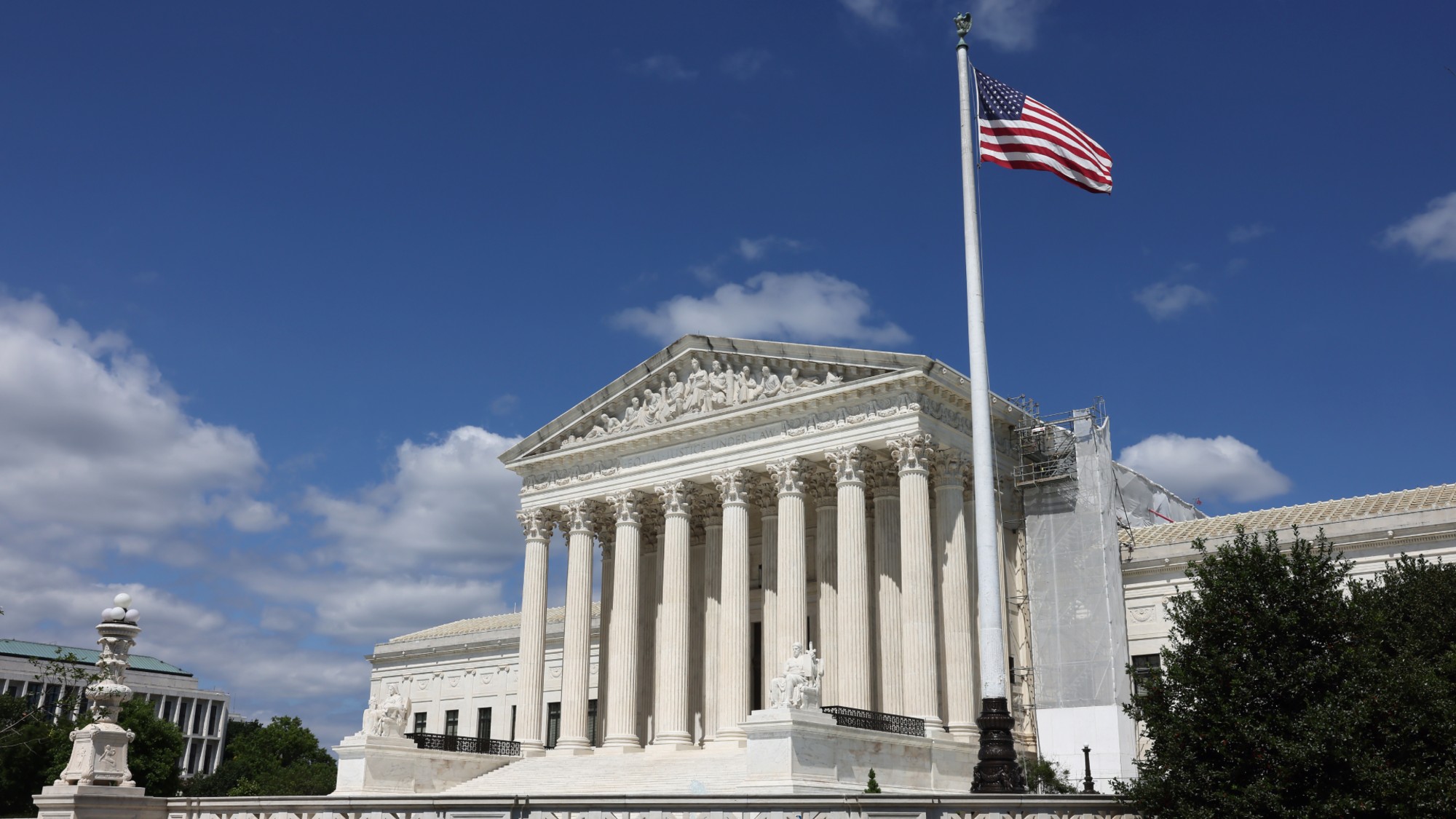 How far does religious freedom go in prison? The Supreme Court will decide.
How far does religious freedom go in prison? The Supreme Court will decide.The Explainer The plaintiff was allegedly forced to cut his hair, which he kept long for religious reasons
-
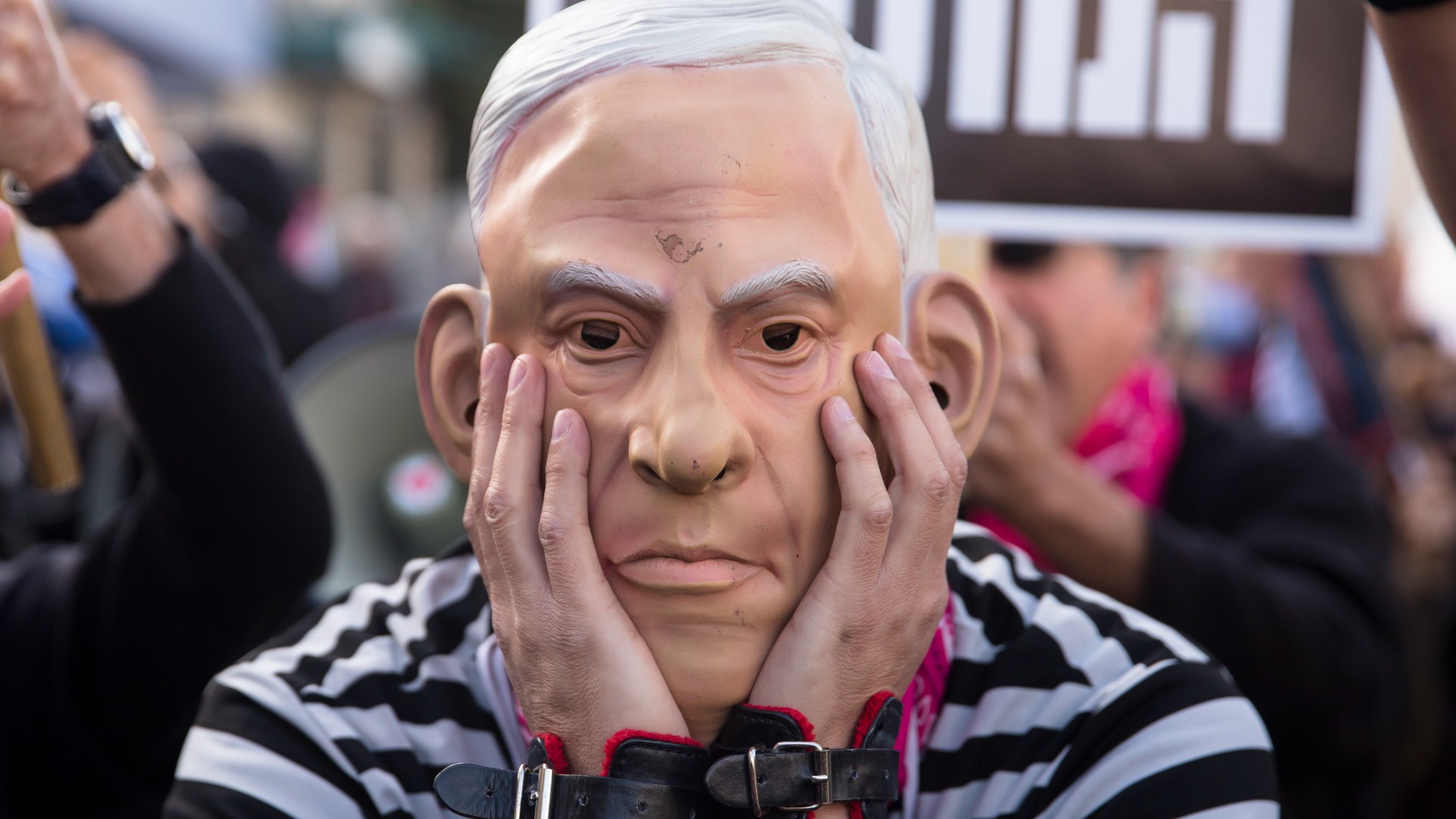 'Libel and lies': Benjamin Netanyahu's corruption trial
'Libel and lies': Benjamin Netanyahu's corruption trialThe Explainer Israeli PM takes the stand on charges his supporters say are cooked up by a 'liberal deep state'
-
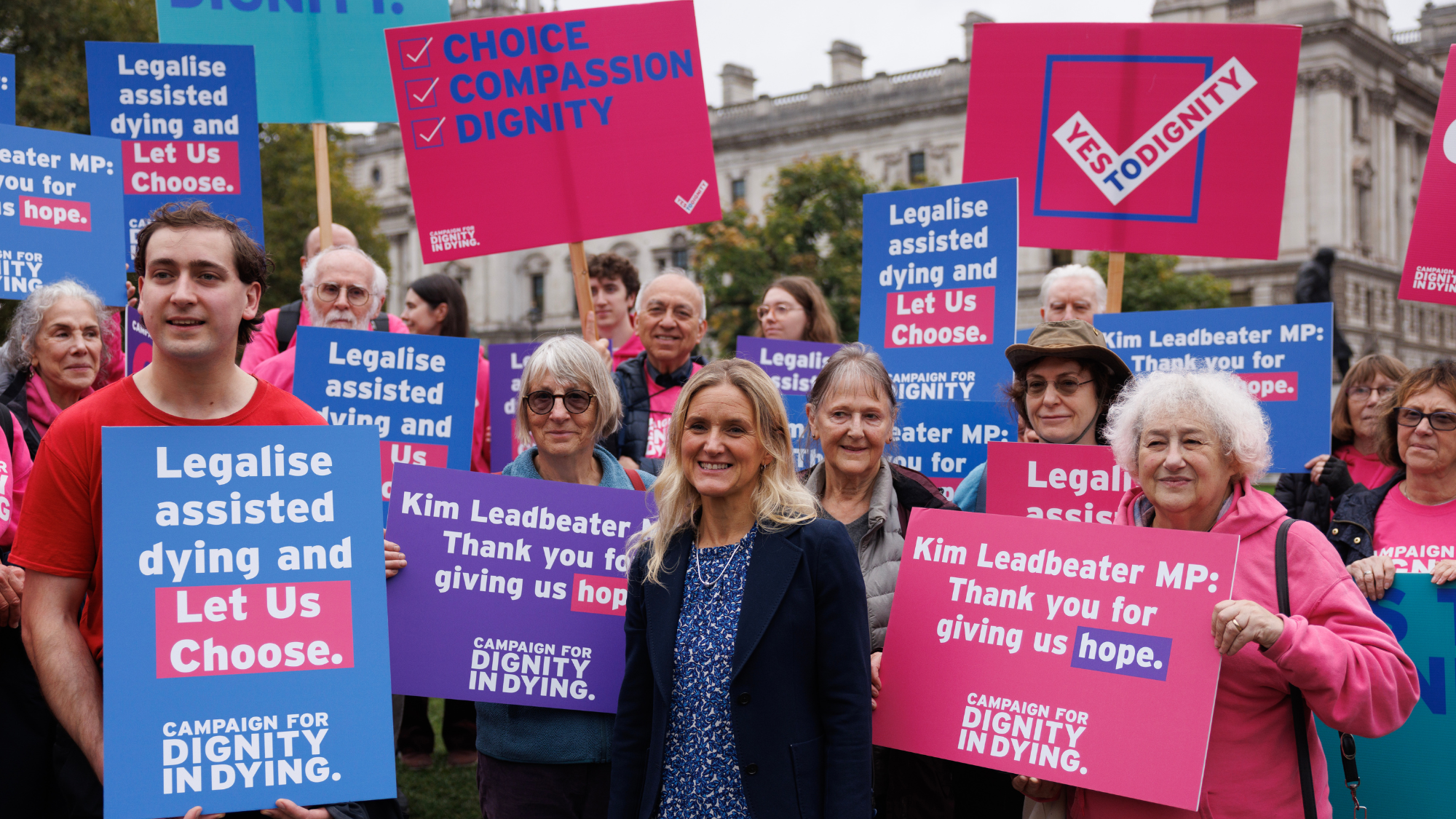 Assisted dying: what can we learn from other countries?
Assisted dying: what can we learn from other countries?The Explainer A look at the world's right to die laws as MPs debate Kim Leadbeater's proposed bill
-
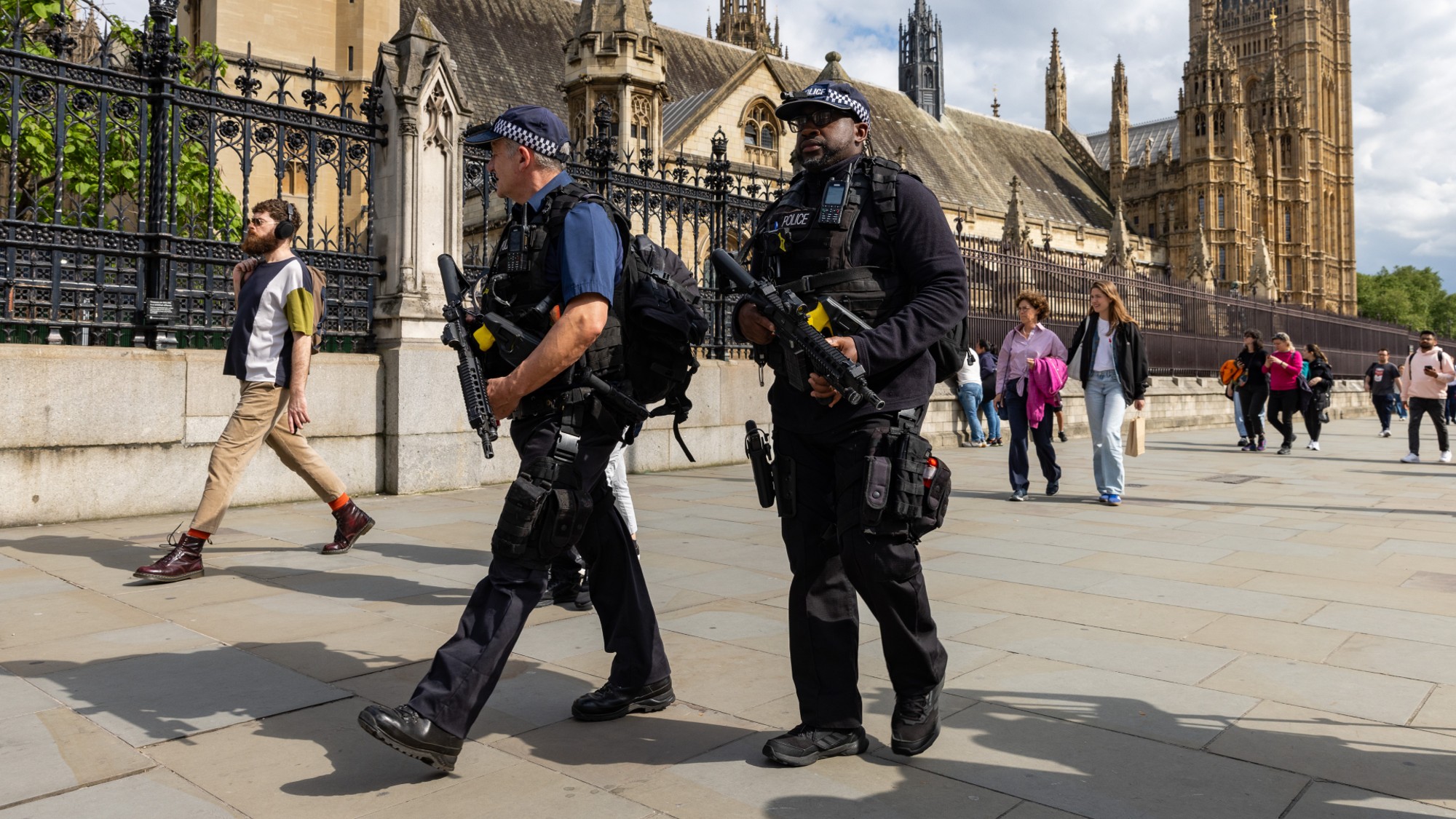 The rules for armed police in the UK
The rules for armed police in the UKThe Explainer What the law says about when police officers can open fire in Britain
-
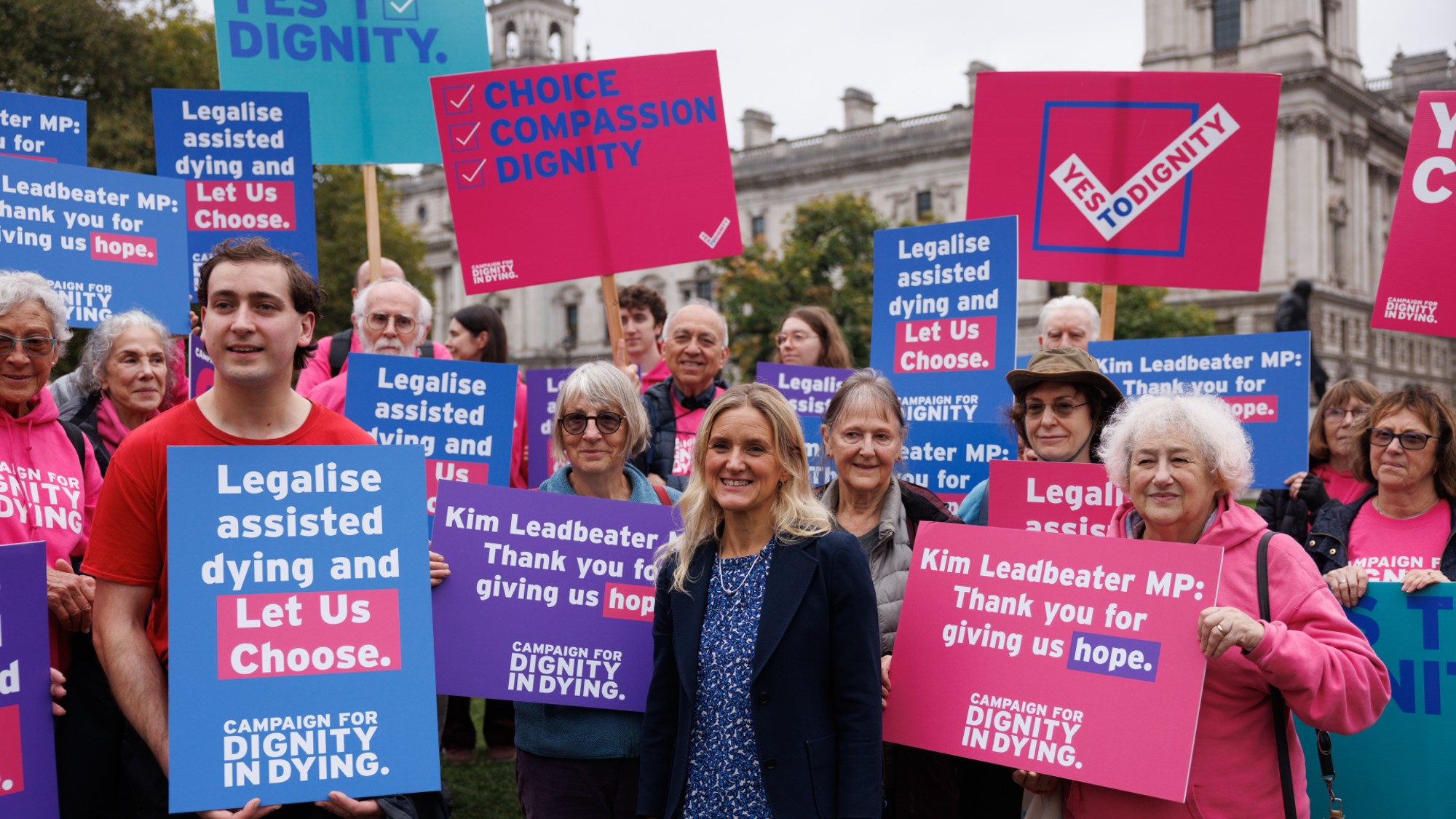 How would assisted dying work in the UK?
How would assisted dying work in the UK?The Explainer Proposed law would apply to patients in England and Wales with less than six months to live – but medics may be able to opt out
-
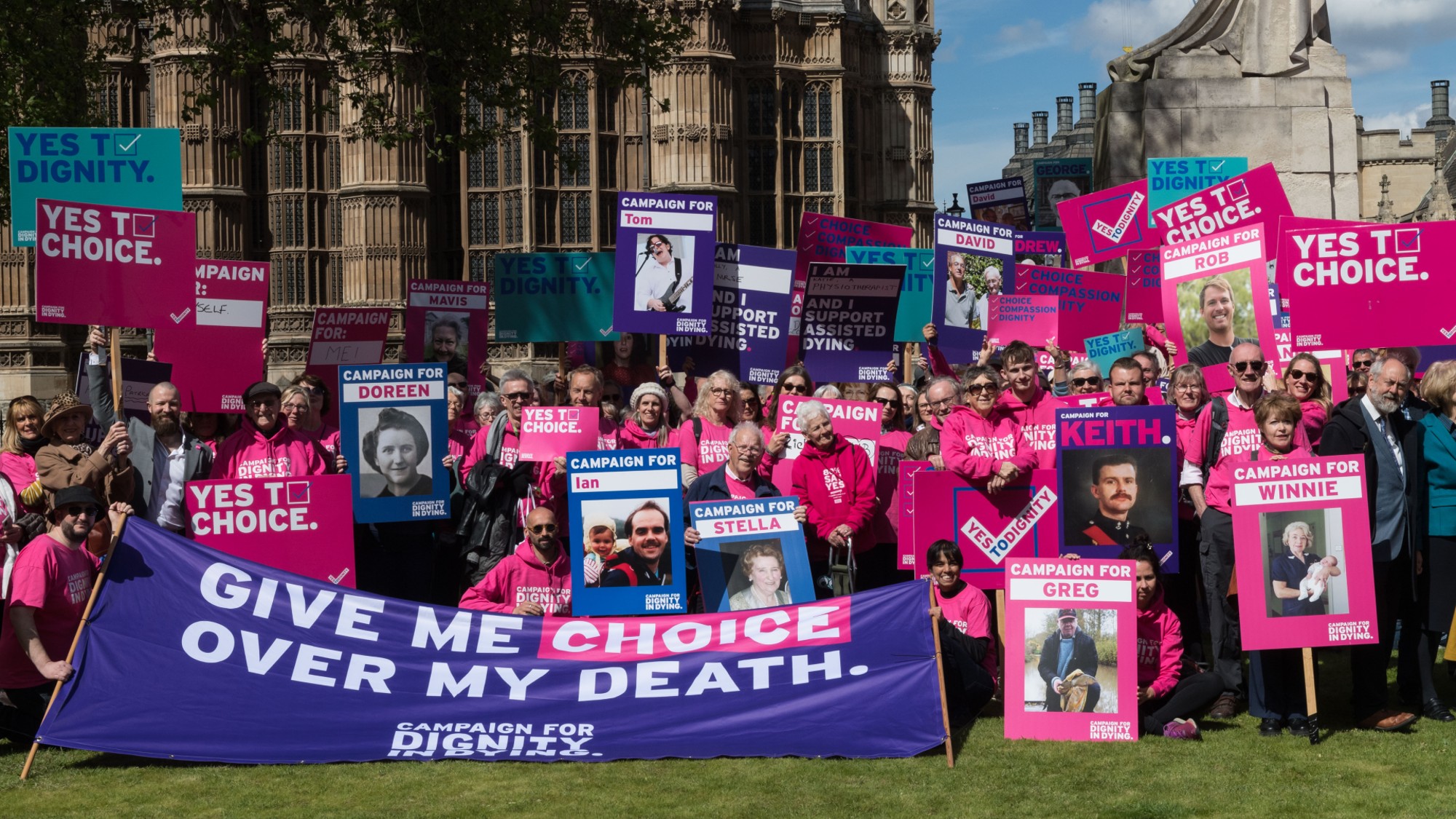 Assisted dying: will the law change?
Assisted dying: will the law change?Talking Point Historic legislation likely to pass but critics warn it must include safeguards against abuse
